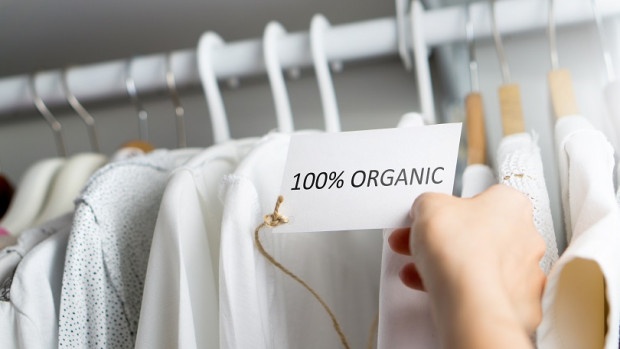
I have just returned from the Textile Exchange conference in Canada. For those who don’t know it, the Textile Exchange is a global not-for-profit that aims to reduce the textile industry’s impact on the world’s water, soil and air and the human population.
Their annual conference brings together a diverse group of retailers, textile mills, NGOs, academics and solution providers to share and learn about best practices in end-of-life treatment of textiles.
I came to learn more, as an active practitioner in this space, of where current thinking was at outside of Australia on textile recycling, and what new and innovative ideas I could integrate into my thinking and business model.
The overall impression I took away was that textile recycling, textile reuse and the sourcing of preferred fibres that have a lower environmental impact, has moved up the business agenda significantly in the past three years and continues to accelerate in the customer’s mind and the relationships they have with their preferred brands. Simply, you need to do well for the planet to maintain their loyalty and financial support.
The other key message I took away was that while we want simple answers, that make us feel better and quickly, the effort needed and the solutions required, is actually very complicated. It demands brave legislative change; real shifts in companies’ behaviour and operating models; big shifts in how we manufacture and will only be achieved if we drop the ‘blame’ game and engage in significantly more collaborative actions.
While I do not have the space to talk through the numerous presentations and round tables I attended, I would like to pull out two significant highlights that I think we can all reflect on.
We’re all responsible for sustainability
The first was the discussion with Mark Walker, CEO of Outerknown, who discussed his businesses view on sustainability and how they are achieving great things both culturally and financially.
An example he gave, which really resonated with me, was a meeting his team held with a supplier. The conversation was around sustainability and the supplier asked, ‘Who, here is on the sustainability team?’, and everyone, from product development, sourcing, even the digital manager raised their hands and said, ‘I am’!
This struck a chord with me. I have met many dedicated sustainability managers over the past two years, who take their role seriously in trying to make their businesses more sustainable. However, they often operate in an organisational design that makes them removed from the C-suite of the organisation. There is a fundamental disconnect from the people who are great at describing the ‘how’ we do things from the decision-makers who decide the ‘why’ we do things.
The fact that the culture of the business at Outerknown means that everyone feels accountable for sustainability makes the whole business simpler. The sustainability manager isn’t having to justify things to other managers, who may have competing KPIs, because the whole culture is based on all decisions having a strong sustainability context. This removal of sustainability from a title and embedding it into a culture, shows why they have been able to develop some of the great products they have in the relatively short time scale of their existence.
Collaboration is the new competition
The second point was around increasing collaboration across businesses, in that we need to work more together to drive sustainability in total not just for one. All businesses operate in a competitive environment, so some commercial data is proprietary and will remain so. As I realised this week, the size of the problem we are trying to deal with is huge. So big that, no one business can have all the answers.
To be successful we need to work out how to ‘collaborate at pace’. We cannot hold hands and jump slowly! The world needs action and change now. So, what does this look like?
This may involve agreeing on definitions quickly across global industry groups for words that are used all the time, for example, what is a ‘sustainable garment’, what does this mean? This is important so the consumer has confidence in their purchasing and rewards brands for real actions not greenwashing.
It may mean setting up and agreeing on simple suites of certification tools that are easy to access and easy to use. I was amazed by the complexity of the standards described and as an ex-retailer I see why some organisations struggle to implement them.
This will not happen if we all wait for someone else to do this, engaged companies need to come together to solve these issues. That will involve retailers, recyclers, trade associations and NGOs, all actively collaborating with a view to getting stuff done quickly for the sake of the world.
Sustainability is an active and real issue in the consumer’s mind. It can no longer be the burden of a single corporate role; we must embed sustainability in entire business culture if we are going to meet these challenges and satisfy our consumers and planet’s needs.
Adrian Jones is the co-founder of BlockTexx.





